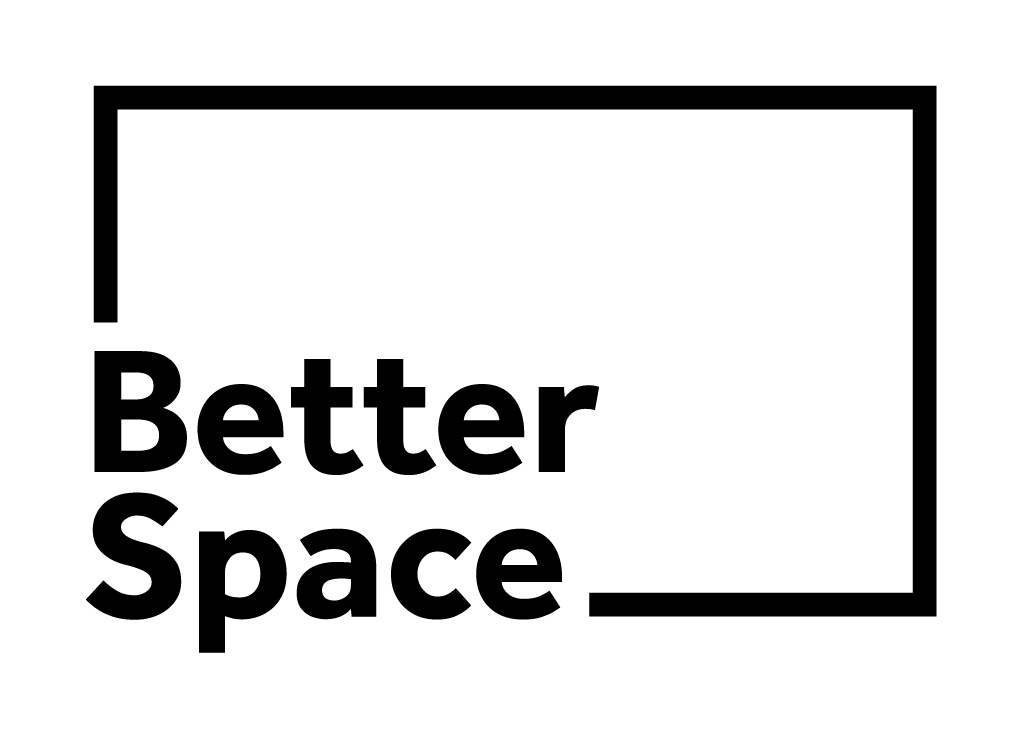Getting in Sync with the Circular Economy
Source: https://ellenmacarthurfoundation.org/circular-economy-diagram
As we reflect on the impact of the pandemic within our society, and look ahead to tackling the climate crisis through COP26 it’s startlingly clear that we need to better prioritise people and the planet as we rebuild the economy. Whilst government and councils have drawn up plans to build back better and committed to growing more inclusive and greener economies, consumers, businesses and aspiring entrepreneurs have the power to bring about real change.
Whilst we wait for the world to adopt Kate Raworth’s ‘donut-shaped’ economic model and ‘ecological ceiling’ (see explanatory video here - a must watch!), sychronising our work and lives within the ‘circular economy’ gives us all the opportunity to look after the environment more easily and affordably! Here are some videos explaining the ideas, as a reminder of if you haven’t come across it already.
Using Circular Economy principles to build better businesses.
So if you’re considering setting up your own business or scaling an existing venture, and agree that we shouldn’t compromise the earth’s resources any further, take a look at how some local Islington businesses are doing it!
Set up a borrowing service
The Library of Things (TLOT) is the name of a brilliant chain of ‘borrowing’ shops across London, offering you the opportunity to rent a very broad range of products that you probably don’t need to own outright! From speaker systems to drills, festival tents to backpacks - take a look at what they have here. TLOT have stores close by in Kentish Town and Hackney but is soon to be opening one in Islington’s Finsbury Park!
Whilst the concept of renting or borrowing isn’t new, the types of products and the way we do it is changing; in line with the priorities of younger, more consumption-conscious customers.
Now that big events and weddings are back, why not consider renting out a new outfit or statement ensemble, instead of buying something that you may only wear once! Check out: The Nu Wardrobe; HURR Collective and Girl Meets Dress to start borrowing.
Food for (startup) thought: It’s time to question if some products need to be owned outright by customers. What’s taking up space in our homes and workspaces, that could benefit someone else? Will customers need to use a product everyday or could it be shared and rented per use? Can we make luxury goods more accessible? How can we extract as much value from a product that cannot be recycled?
Identify opportunities to redistribute or re-purpose
Olio and Too Good to Go successfully spotted a problem that faced us all - seeing once-loved, fit for purpose products and perfectly good food go to waste, when instead it could easily find new homes. Many customers are happy to support the repurposing cycle by collecting the goods themselves; especially when they’re free! Islington Council supports local food businesses to jump on this approach, reducing waste and redistributing goods, by paying for businesses Too Good to Go subscriptions! Check it out here.
Similarly, instead of letting valuable services, skills and knowledge fall out of reach to those that cannot afford it, there are opportunities to use time and skills to barter for them. The Economy of Hours, or Echo has facilitated a brilliant online platform for people to share and exchange their skills and offers. If you’re looking for support, knowledge or skills in a particular niche, have a look at their website – there’s a very broad range of things available.
Food for (startup) thought: Where are products and services being overproduced, undersold and going to waste? Who might be able to benefit from them? How can we connect these surplus goods with customers that need them?
Design out waste.
Packaging design that is minimal and recyclable has made great progress in recent times, but doing away with it completely is also possible and being championed by some local retailers! Kilo in Holloway and The Arty Vegan in Chapel Market are just two shops that offer us the opportunity to fill up our existing containers of groceries and cupboard supplies, so everything we buy, we use!
Products can also be designed to avoid excess materials being discarded in the manufacturing process. 3D printing enables us to design ‘additively’; printing only the materials needed for a part or piece. With more materials being made with recyclable plastics or sustainable ingredients, there are many opportunities to reduce waste.
Better Space has it’s own 3D printer to support with rapid prototyping and additive design for start ups; so get in touch if you’re working in this space!
Food for (startup) thought: Where can we remove or design out the need for packaging? How can we better design products or services to prevent any waste being made?
If you know of any local businesses doing great things within and for the circular economy, we’d love to hear more and explore opportunities for events and programmes to inspire others to find better ways to do business together!



